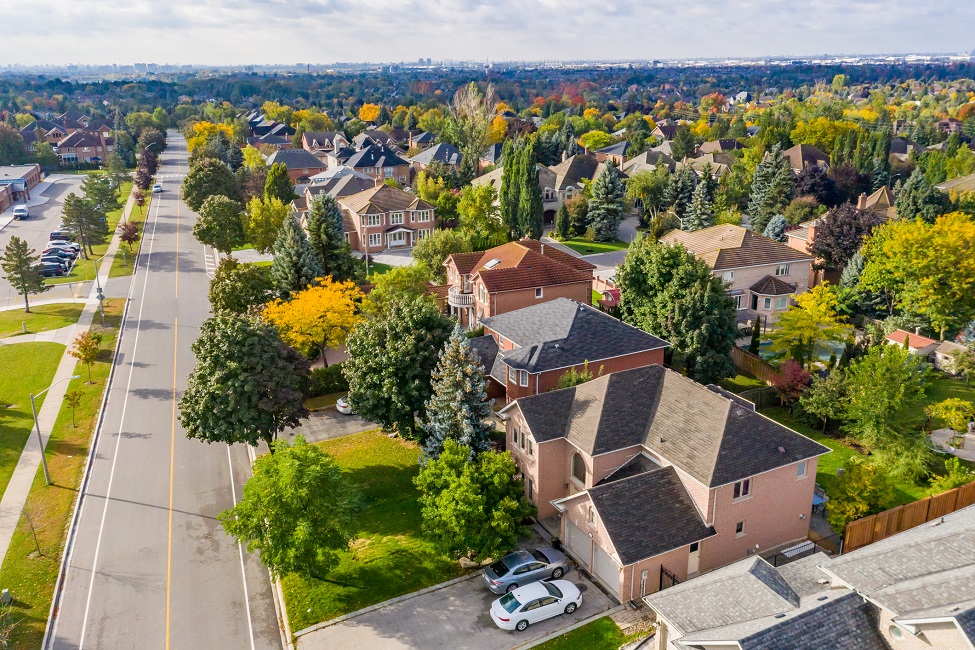Study Ranks Nation’s Most Overvalued Housing Markets

Phoenix, Las Vegas and Stockton, California – three metropolitan areas hit hard by the U.S. housing collapse more than a decade ago – now rank among the 10 most overvalued of the nation’s largest housing markets, according to a new analysis by professors at Florida Atlantic University and Florida International University.
Based on past pricing history, homes in Phoenix are selling for a 42.31 percent premium. Homes in Las Vegas are selling for 41.88 percent above their long-term pricing trend, just ahead of Stockton’s 38.50 percent. The full ranking of the 100 largest metros can be found here.
Consumers buying now in the most overvalued markets are paying near peak prices and risk being stuck for a significant amount of time before they can realize solid returns on their real estate investments, said Ken H. Johnson, Ph.D., a real estate economist and associate dean in FAU’s College of Business.
“In the Top 10 markets, potential buyers might want to consider renting and reinvesting money that they otherwise would have put into homeownership,” Johnson said. “Renting and reinvesting has been shown to often outperform ownership in terms of wealth creation.”
The nation’s most overvalued market is Boise, Idaho, where homes are selling for 80.64 percent more than they should, based on a history of past pricing. Work-from-home consumers priced out of other markets during the pandemic appear to be leaving those expensive cities and driving up values in Boise, according to Johnson and Eli Beracha, Ph.D., of FIU’s Hollo School of Real Estate.
Meanwhile, Baltimore and Virginia Beach, Virginia, are among the 10 markets offering the best deals to buyers, the analysis shows.
In Virginia Beach, homes are selling for a 2.46 discount. Baltimore homes are selling for a 1.69 percent discount. Leading the list of most undervalued areas is Honolulu, Hawaii, where homes are selling for 4.93 percent less than they should.
“Consumers who buy in these and other Bottom 10 markets should feel comfortable as home prices, on average, appear to have room to grow based on past pricing behavior,” Beracha said.
This is the first of what will be monthly reports by Beracha and Johnson. They analyze the nation’s 100 largest metro areas using publicly available data from online real estate portal Zillow or other providers. The data, which extends from January 1996 through the end of last month, includes single-family homes, townhomes, condominiums and co-ops.
-FAU-
Tags: coronavirus | business | faculty and staff